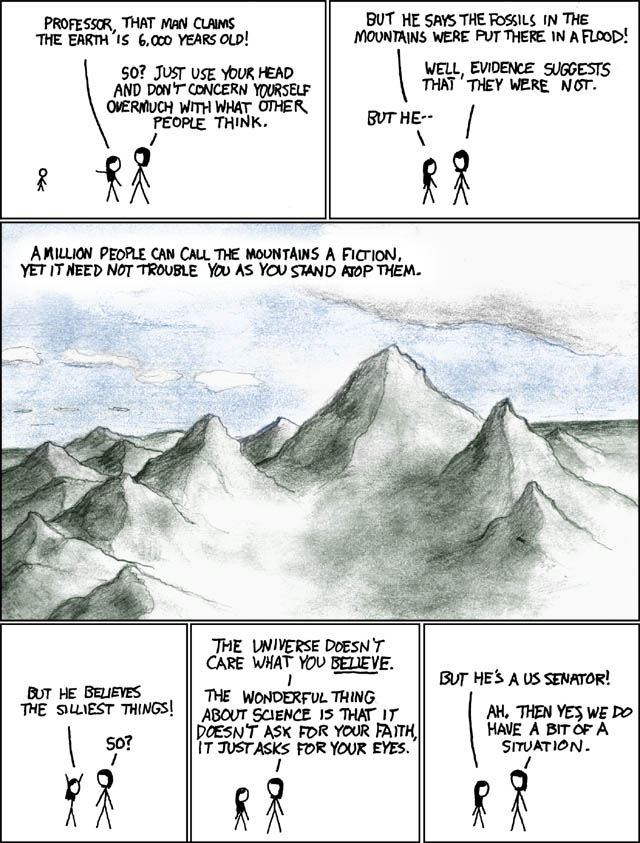
To un-digress again: I was reading an interesting article by the always perspicacious John Lanchester in the London Review Of Books which delves into some of the murky politics behind global warming aka climate change, and the motives of the denialists in particular. The brief follow-up article touches on the furore surrounding Channel 4's The Great Global Warming Swindle, for which I trust Channel 4 are suitably embarrassed (as are those who brought it up as a sensible contribution to the "debate" in the slightly rabid comment thread attached to my previous post which touched on a similar subject). He provides quite a good pithy litmus test for a proper, meaningful climate-related government policy (something we haven't, by the terms of this test anyway, seen yet) during the course of the second article: "something that pisses somebody off".
I'm not really here to get into an argument about climate change - arguing with someone over whether or not it's happening is very dull and depressing, arguing over what can be done is slightly more interesting - but one of the defining features of all complex systems, and one which undoubtedly has been a factor on this planet in the past, is for small perturbations of a seemingly stable system to result, via complex and ill-understood feedback mechanisms, in sudden, catastrophic changes. The whole business of Arctic sea ice levels and albedo is a pretty obvious example, and one which leads me, tangentially, to the slightly more general (i.e. than the one about quotations earlier) Dave's Fundamental Rule Of Everything, which goes like this: however much you think you know about anything, It's Always More Complex Than You Think.
 The global warming/feedback/sudden catastrophic change thing was put into my head this morning by reading an article in The Independent regarding the latest on the apparently suspect Mosul Dam in Iraq. The attitude of those who have a powerful interest in the status quo (the Iraqi Government) and in avoiding both losing face to the foreign occupiers and spending vast sums of money on repair work is, hardly surprisingly: well, it was OK yesterday and it's OK today, so it'll be OK tomorrow. Which is probably true - today - but keep saying it and one day you will be disastrously, catastrophically wrong.
The global warming/feedback/sudden catastrophic change thing was put into my head this morning by reading an article in The Independent regarding the latest on the apparently suspect Mosul Dam in Iraq. The attitude of those who have a powerful interest in the status quo (the Iraqi Government) and in avoiding both losing face to the foreign occupiers and spending vast sums of money on repair work is, hardly surprisingly: well, it was OK yesterday and it's OK today, so it'll be OK tomorrow. Which is probably true - today - but keep saying it and one day you will be disastrously, catastrophically wrong. Those responsible for the Banqiao Dam in China could perhaps argue they couldn't have foreseen a typhoon landing on them, but those responsible for the spectacular Vajont Dam in Italy had no such excuse, just poor geological surveying and a desire to sell the whole concern on to private enterprise for a big wedge generating a fatal inaction in the hope everything would be all right. Needless to say it wasn't.
Those responsible for the Banqiao Dam in China could perhaps argue they couldn't have foreseen a typhoon landing on them, but those responsible for the spectacular Vajont Dam in Italy had no such excuse, just poor geological surveying and a desire to sell the whole concern on to private enterprise for a big wedge generating a fatal inaction in the hope everything would be all right. Needless to say it wasn't.I trust the parallels don't need spelling out.




























.jpg)



